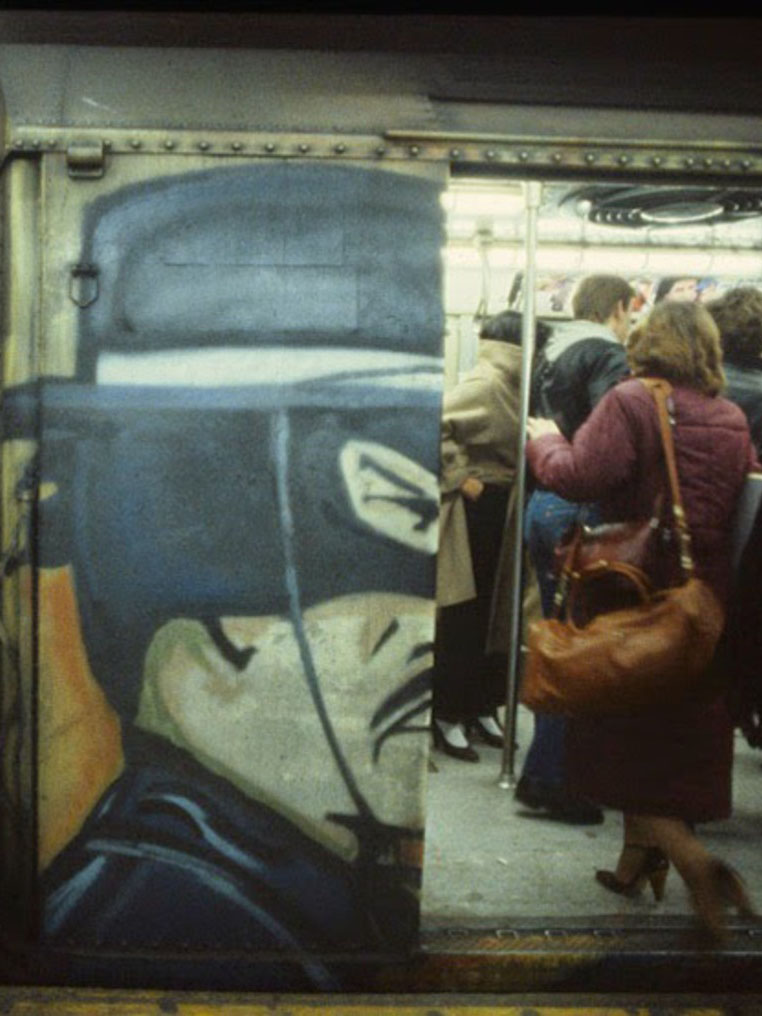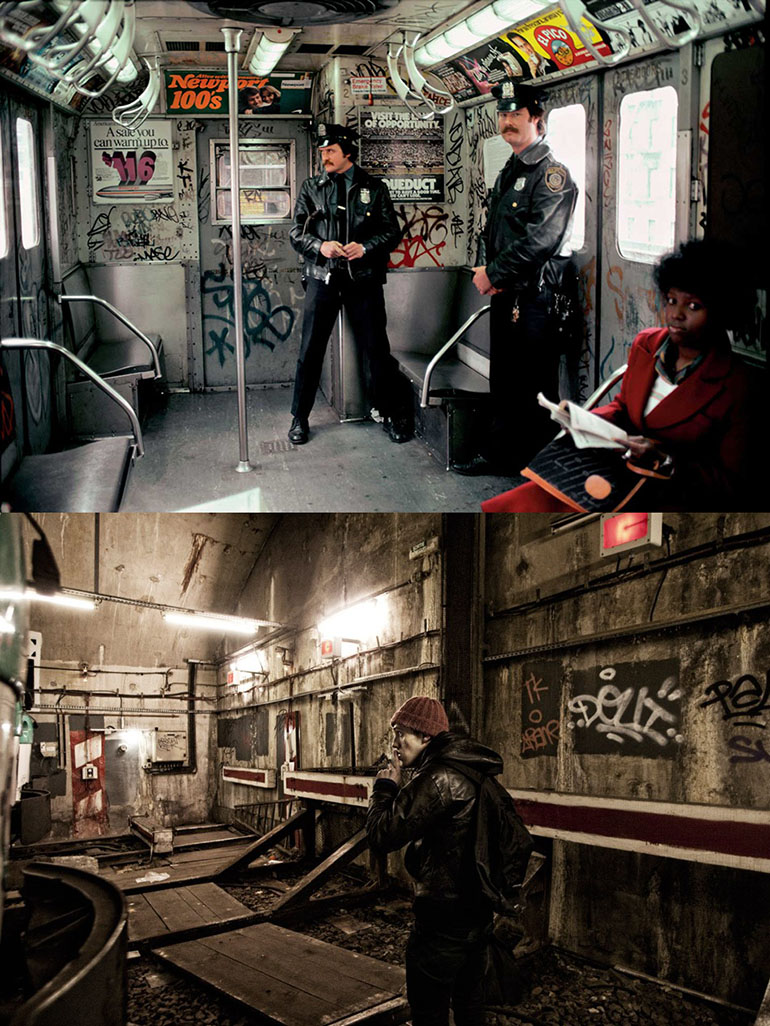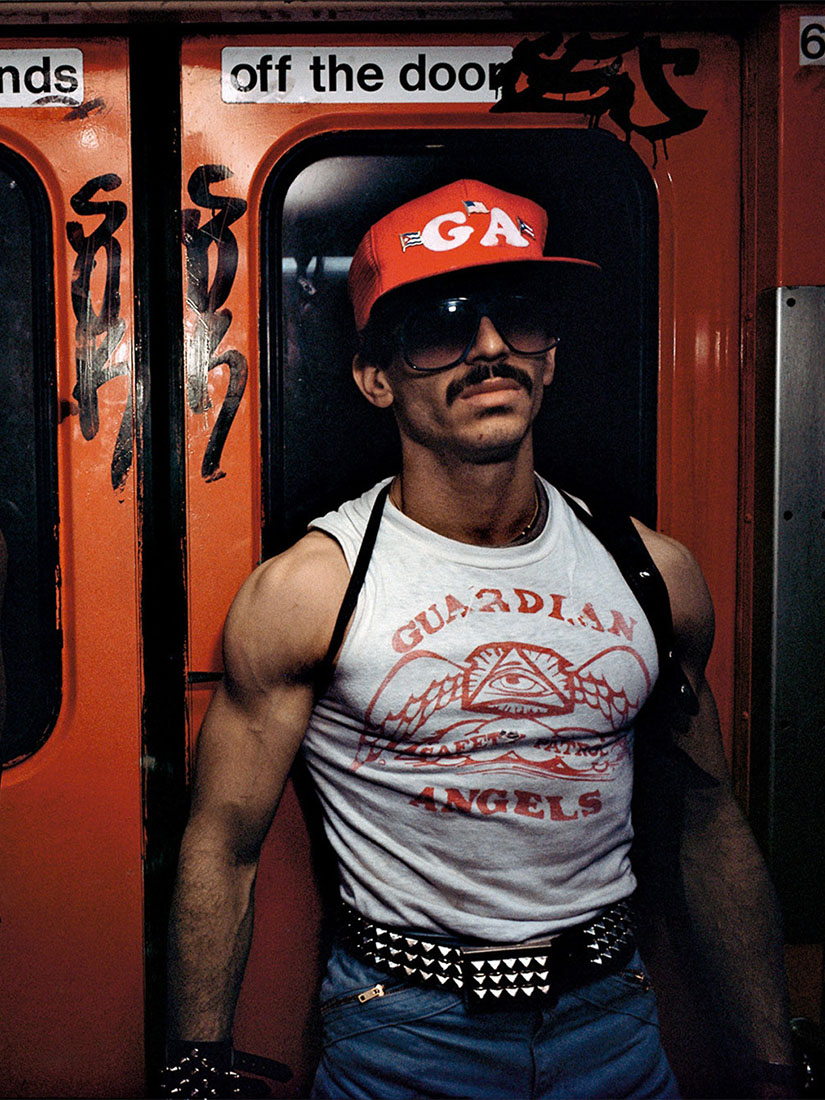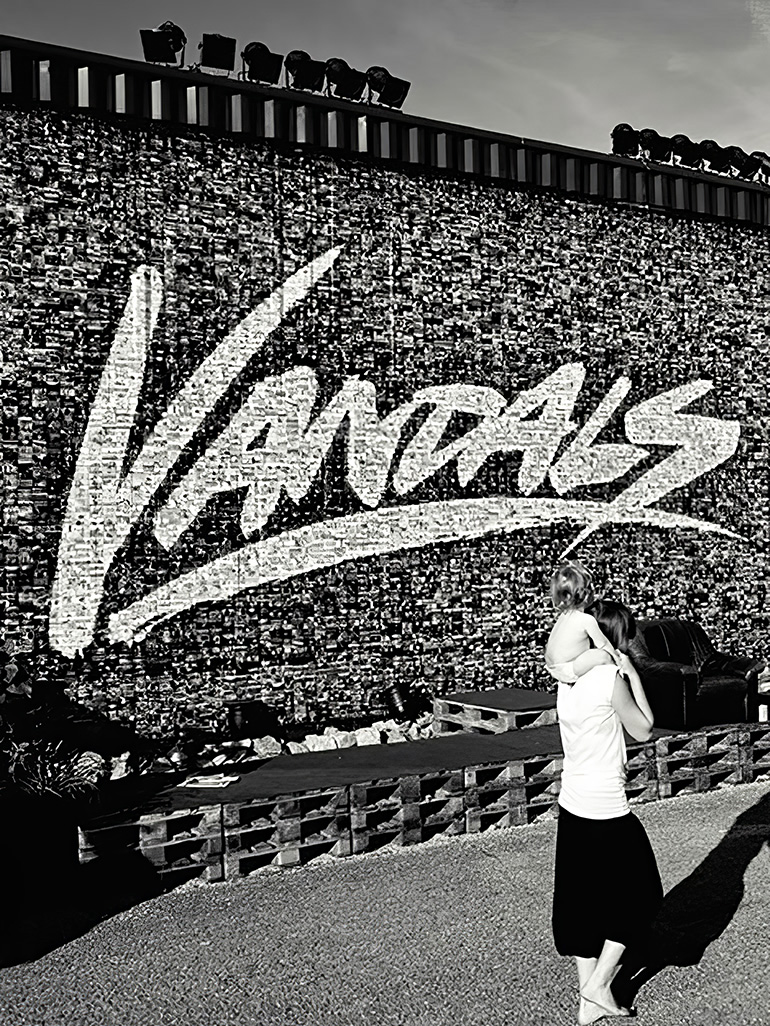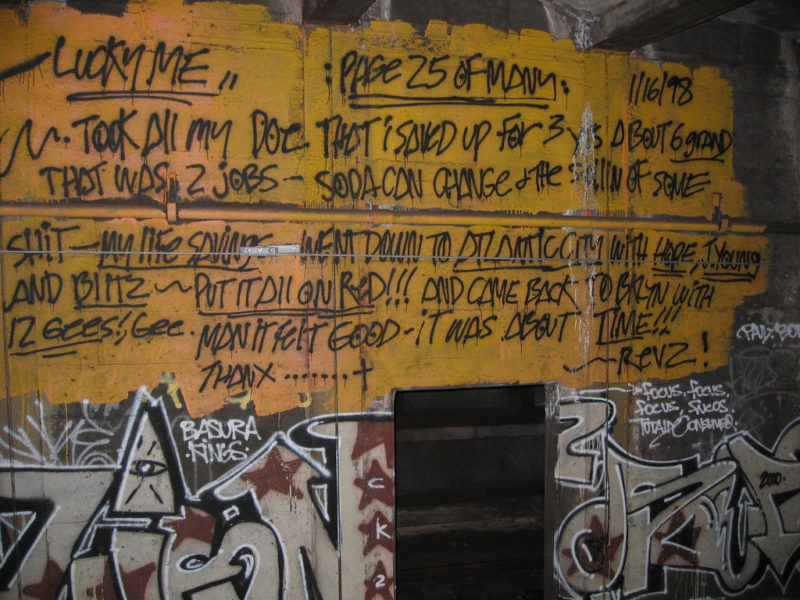
“PAGE 25 OF MANY 1/16/98 LUCKY ME, TOOK ALL MY DOE THAT I SAVED UP FOR 3 YEARS ABOUT 6 GRAND THAT WAS 2 JOBS — SODA CAN CHANGE + THE SELLIN OF SOME SHIT — MY LIFE SAVINGS — WENT DOWN TO ATLANTIC CITY WITH HOPE, J. YOUNG AND BLITZ — PUT IT ALL ON RED!!! AND CAME BACK TO BKLYN WITH 12 GEES! GEE. MAN IT FELT GOOD — IT WAS ABOUT TIME!! THANKX – REVZ“
Revs in the late 1980s and early 1990s
Those who grew up or lived in New York 1 during the late 1980s and early 1990s must have seen the famous four letters that would be seen on walls all over the place; Revs 2. Everywhere you looked, on trash cans, telephone booths and poles, the distinct graffiti had dominated the city.
Revs was at the time the most outstanding graffiti writer in the streets of New York, and whether you liked it or not, his tags would be seen from the edge of the eyes, making it visible subconsciously.
In 1993 Revs started his diary project
At first, his graffiti bore messages of humor that told stories to anybody who cared to stand long enough to read and piece the sections together. However, starting from the year 1993, Revs would begin to write his autobiography on the walls of the subway tunnels. He would go down to the tunnels at night armed with a ladder, spray cans and paint roller.
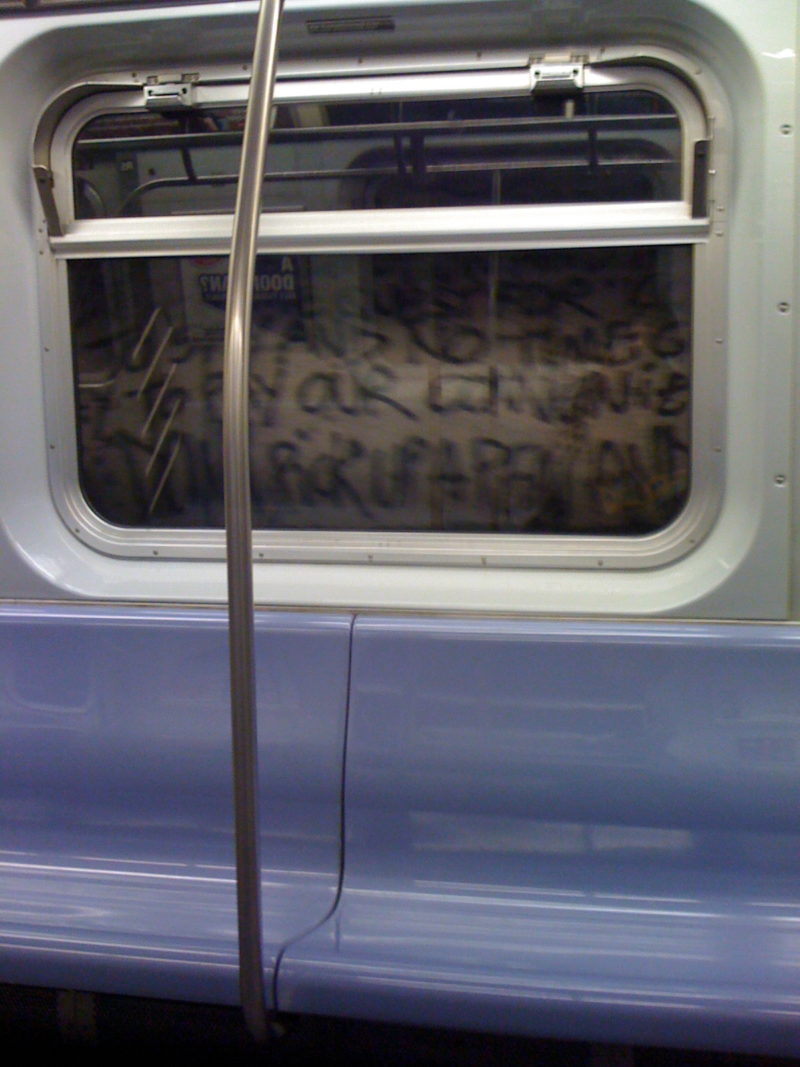
Revs began with the first painting, a swath measuring 5 by 12ft, which would act as the page on which he would write. His idea of creating a public diary of his life is a great channel of self-expression, especially when you want the whole world to know who you are.
Speaking about his work in an interview with Artforum in 1994 34, Revs said:
Graffiti writers do have a message. It’s just that nobody knows what it is. It’s not a strict statement, it’s a way of life.
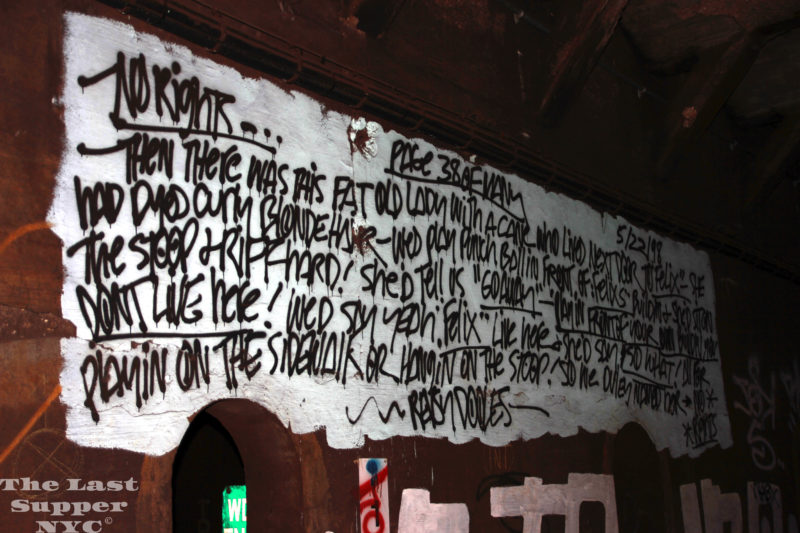
Details of the diary
Revs wanted the world to know that he was born at 3 pm on April 17, 1967, at the Victory Memorial Hospital. A C-section baby, this validates all others like him and encourages mothers who have gone through the same. It might not be possible for someone riding on the train to capture all this information, but just one piece is enough to humanize Revs.
In an interview with the New York Times 56 in 2005, he called this a personal mission and said he did not care if anybody else saw his diary paintings.
However, his real focus was likely to remain in the minds of people long after he died. Leaving traces in places that are not easily accessible meant that his art could potentially be preserved for years, even to the point of outliving him. Revs left a mark both overground and below and to date, a total of 235 pages of his autobiography have been counted.
In the book New York Underground: The Anatomy of a City 78, published in 2004, Revs said:
I wanted it to be as honest as I can make it. I just wanted it to be straight out, 100 percent the truth on those walls.
Revs arrested
An important element of his personality was how he managed to stay clear of the radar, and this was after the police in New York went on hot pursuit of graffiti artists to bring them to justice.
For years, they were unsuccessful until five years after the task force was formed to catch him red-handed. Of amusement to the cops was that the regular guy behind the wall art was no different from either of them.
